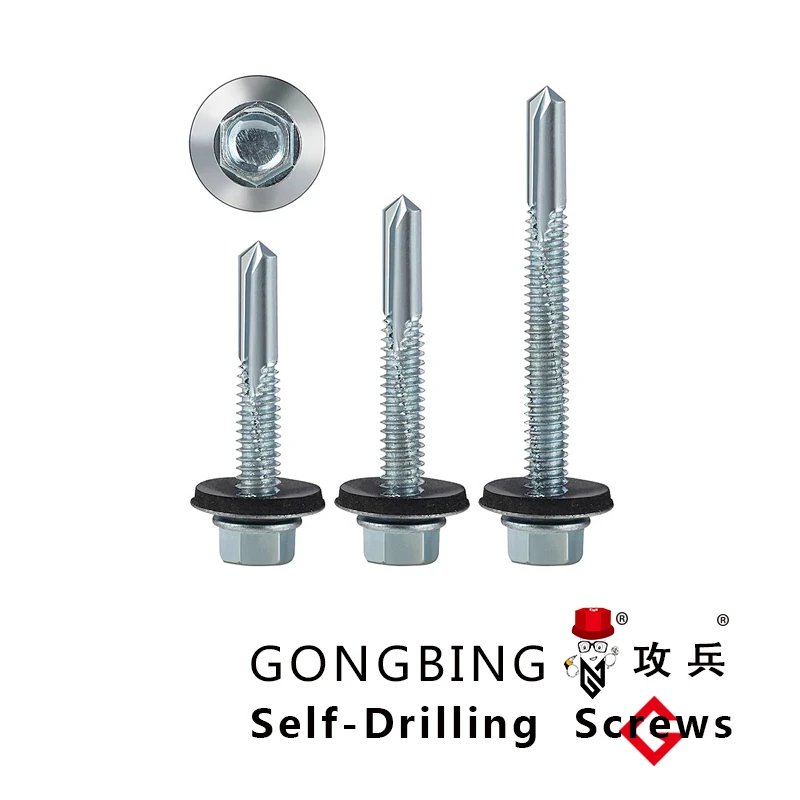chemset anchor bolt
Understanding Chemset Anchor Bolts A Comprehensive Overview
Chemset anchor bolts are an essential component in construction and engineering, providing the necessary strength to secure structures to concrete. These specialized bolts utilize a chemical adhesive to anchor themselves within drilled holes in concrete, which enhances their load-bearing capacity and resistance to environmental factors. In this article, we will delve into the characteristics, applications, benefits, and considerations when using chemset anchor bolts.
Characteristics of Chemset Anchor Bolts
Chemset anchor bolts are typically constructed from high-strength materials such as stainless steel or carbon steel, making them suitable for various environmental conditions. The unique feature of chemset anchors is the use of a two-part adhesive system—usually a resin and a hardener—that cures when mixed together. This adhesive not only helps the bolt bond securely to the concrete but also fills any voids in the hole, providing a tight fit that significantly enhances the anchor's strength.
There are different types of chemset anchors available, including epoxy, polyester, and vinylester systems. Each system has distinct properties that make it suitable for specific applications. For instance, epoxy chemset anchors typically offer superior chemical resistance and can withstand higher temperatures, making them ideal for industrial applications.
Applications of Chemset Anchor Bolts
Chemset anchor bolts are widely used in various sectors, including construction, marine, and industrial applications. They are commonly utilized for securing heavy equipment, structural steel, and precast concrete elements. In addition, chemset anchors are beneficial for applications where vibration resistance is crucial, such as in machinery mounts and highway sign supports.
chemset anchor bolt

Furthermore, these anchors are often used in seismic zones due to their ability to provide strong bonds in challenging conditions. Their versatility allows for both temporary and permanent installations, making them a preferred choice for many contractors and engineers. They can be used in overhead installations, walls, and foundations, providing reliable anchoring solutions across different projects.
Benefits of Using Chemset Anchor Bolts
One of the primary advantages of chemset anchor bolts is their high load capacity compared to traditional mechanical anchors. The chemical bond created by the adhesive significantly increases the anchor's resistance to pull-out forces and shear loads. Additionally, chemset anchors can be installed in various concrete conditions—such as wet or dry—making them incredibly flexible.
Another significant benefit is the installation process. Chemset anchors do not require pre-tensioning like other mechanical anchors, simplifying the installation and reducing labor costs. The curing time for the adhesive can vary, but many modern formulations set quickly, allowing for accelerated project timelines.
Considerations When Using Chemset Anchor Bolts
While chemset anchor bolts provide numerous benefits, there are essential factors to consider during installation. Proper hole cleaning is crucial to ensure optimal bonding, as dust and debris can compromise the adhesive's effectiveness. Temperature conditions also play a vital role, as certain adhesives may not cure adequately in extreme environmental conditions.
In conclusion, chemset anchor bolts are a reliable choice for a wide range of applications, thanks to their strength, versatility, and ease of installation. Understanding their characteristics and applications will help engineers and contractors make informed decisions, ensuring the safety and durability of their structures. Always consult with manufacturers or engineering professionals to select the right type of anchor for your specific project needs.
-
Weatherproof Plastic Expansion Anchors for OutdoorNewsJun.06,2025
-
Sustainability in the Supply Chain: Eco-Friendly TEK Screws ProductionNewsJun.06,2025
-
Load-Bearing Capacity of External Insulation FixingsNewsJun.06,2025
-
Double Head Bolts: Enhancing Efficiency in Industrial MachineryNewsJun.06,2025
-
Corrosion Resistance in Chipboard Screws: Coatings for Wholesale DurabilityNewsJun.06,2025
-
Butterfly Toggle Bolts : Enhancing Structural ResilienceNewsJun.06,2025
